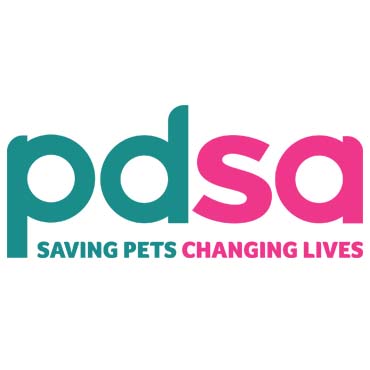What are the common Easter hazards to look out for?

Chocolate
The most obvious Easter hazard is chocolate. If you’re planning an egg hunt for the kids, make sure your hiding places are well out of paws’ reach.
Chocolate is toxic because the cocoa solids naturally contain theobromine – which doesn’t affect humans, but is poisonous to our four-legged friends. Cocoa powder and high quality dark chocolates, which contain the most cocoa, pose the biggest risk to pets.
If you think your pet has eaten chocolate, it‘s important to call your vet straight away so they can start treatment before any signs appear.
For more information and advice on chocolate poisoning in pets, check out on our Pet Health Hub.
If you are having an Easter egg hunt with your family this year, here are our top tips to make sure it is safe for your pets:
- Count the number of eggs you are hiding and where you are hiding them so you can account for them when the egg hunt is over
- Keep your pets out of the egg hunt area until all eggs are found, give them something exciting to do in another room like a puzzle feeder so they don’t feel left out
- Make sure children know not to share their chocolate treats with your pets

Sweet treats
Along with chocolate, other Easter goodies are also toxic to our pets.
- Raisins
- Currants
- Sultanas
These can be found in hot cross buns and Simnel cake at this time of year, and are dangerous to pets, so make sure your furry friends can’t get their paws on them!
Find out more information about grape, raisin, currant and sultana poisoning here.
Easter roast
If you plan to have an Easter roast, refrain from feeding your furry friend their portion. Some foods, such as roast potatoes and cheese sauce, aren’t dangerous for our pets but could easily upset your pet’s stomach, and they are high in fat so they will likely pile on the pounds with all those extra calories. Other foods are dangerous to our four-legged friends such as onions, garlic, bones, and alcohol, and should never be given to our pets.
If you do want to share the Easter celebrations with your pet, there are some parts of your roast that are okay to share - check our safe fruit and vegetable options for dogs, cats, and rabbits.
Easter decorations
Decorating for Easter can be fun and exciting, but decorations like small eggs, fluffy chicks and ribbons can cause choking or blockages in the intestines if swallowed. Make sure your decorations are away from your pets and that any small parts are securely attached.
If you are thinking of creating a beautiful Easter hamper or basket this year, use shredded paper in the bottom, instead of plastic straw or grass – as this can be harmful if swallowed too.
What can I do to involve my pet?

 If your dog likes to be involved in family activities, why not plan a treat hunt for them? Just like an egg hunt, hide some of your dog’s favourite treats or food around your garden or house and let them sniff them out. To avoid over feeding your dog, take roughly some of their daily food and use that as their treat allowance for the day, or reduce their daily food by 10% to account for other healthy treats.
If your dog likes to be involved in family activities, why not plan a treat hunt for them? Just like an egg hunt, hide some of your dog’s favourite treats or food around your garden or house and let them sniff them out. To avoid over feeding your dog, take roughly some of their daily food and use that as their treat allowance for the day, or reduce their daily food by 10% to account for other healthy treats.
Fun Easter walk
Take your dog on a special walk. You could explore a new route or park with new smells for them to sniff out.
Homemade Easter dog treats
Get your dog involved by baking them some sweet potato biscuits with just a few cupboard staples. We have a pumpkin treat recipe that could easily be substituted for sweet potato, find the recipe here.
These could be used for your Easter treat hunt – just be aware of the serving suggestions in line with their daily food intake.
Homemade cat toys
You could create a homemade catnip toy with an old sock to keep your cat happy and occupied. If you’ve got plenty of time on your hands and feel extra creative, why not get the sewing kit out and make an Easter egg-shaped toy.
Homemade Easter hay wreath
Wreaths aren’t just for Christmas! Make your rabbits or guinea pigs a lovely Easter wreath using hay and veggies.

